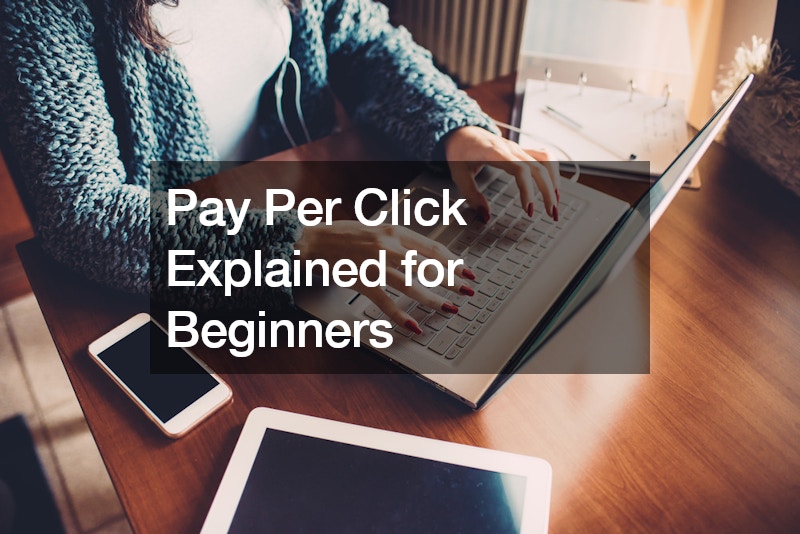In the world of digital marketing, pay per click services play a vital role in driving targeted traffic to websites. PPC, short for Pay Per Click, is an ad model where advertisers pay a fee each time their ad is clicked. It’s a cost-effective approach to reach potential customers when they are looking for products or services online.
With pay per click services, advertisers bid on specific keywords relevant to their target audience. When users type these keywords into search engines, the ads are displayed prominently above or alongside organic search results.
The position of ads is determined by a combination of bid amount and ad quality score.
Google and Bing Ads are among the most popular platforms for PPC advertising, offering robust tools for campaign management and optimization. Advertisers can target specific locations, and track performance metrics in real-time to maximize ROI. Additionally, social platforms such as Facebook and LinkedIn also offer PPC advertising options to help in reaching a broader audience.
Effective PPC campaigns require careful planning, keyword research, and ongoing optimization to ensure success. Advertisers must continually monitor performance metrics such as cost per acquisition to make data-driven decisions. By refining targeting parameters and ad messaging, businesses can help improve campaign performance and achieve their marketing objectives efficiently.
With strategic planning and continuous optimization, PPC advertising provides an expandable solution for businesses of all sizes to grow their online presence and achieve their marketing goals.
.




